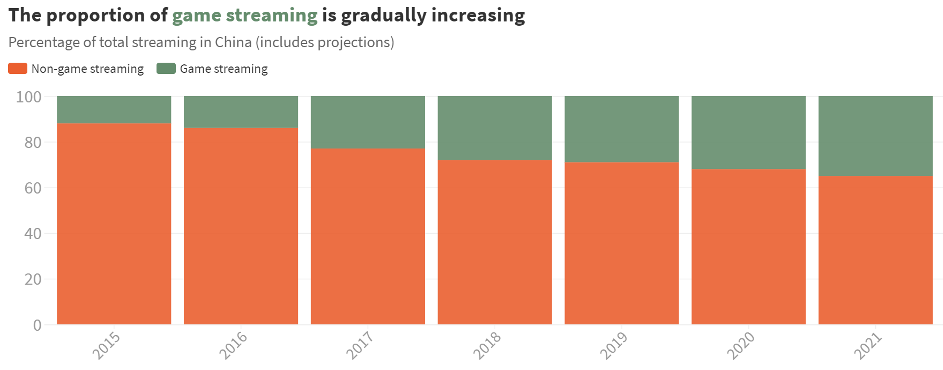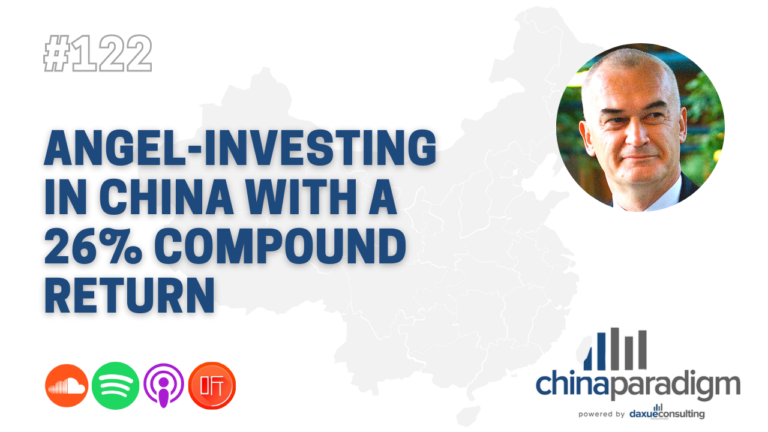Leverage China’s gaming industry
China Paradigm interviewed Vincent Ghossoub, a cultural-oriented entrepreneur in China who perfectly leverages China’s gaming industry by founding Falafel Games in order to develop games in China targeting the Middle East.
Leverage China’s gaming industry and create a success story
Born in the Middle East, Vincent Ghossoub quickly developed a global vision by having several living experiences all over the world. As a kid, Vincent liked to play games, but he found out that “there were not many games with authentic Arabic content”. This multicultural background combined with this observation progressively led him to face that issue.
Thus, several years later, and after graduated from the CEIBS, a well-known Shanghai-based business school specialized in China – Europe relationships, Vincent Ghossoub founded Falafel Games and started to leverage China’s gaming industry by developing games in China targeting the Middle East.

Well aware of the opportunities in China and the growth of China’s gaming industry, Ghossoub decided to take his chance in 2010, and he is now at the head of a well-established and still growing company.
“[…] it was the time when the trend we just discussed—the growth of the Chinese gaming freemium model and the maturity of the internet infrastructure—was taking place. And I had a few classmates who also had been in China’s game industry. It just clicked in my mind, the fact that now you can make a game that does not need to be pirated, that is free, and that can still make money in areas where the internet is just coming of age and solving the problem of lack of content. It just made perfect sense.”
Succeed in a niche market and develop games in China targeting the Middle East
Falafel Games is a gaming producer that adapt and develop games in China targeting the Middle East. They used to look for performing games in China and offer the developers the opportunity to adapt their game to the Middle East market. Now, they also develop their own games and even created a live streaming platform.

With a very poor competition on this niche market and not many games developed for the Middle East, Vincent Ghossoub’s company quickly met its audience and didn’t take too long to grow. In a few figures, Falafel Games now gather more than 2 million users in the Middle East and raised almost 5 million dollars in only two rounds and with four major investors.
With such impressive facts, Falafel Games aims to be the leading online game producer in the MENA (the Middle East and North Africa) area. To reach this goal, Ghossoub’s company develops games in China targeting the Middle East and Arabic speaking countries, and rely on the latest technologies and trends in the gaming industry, especially one who allowed them to skyrocket: the Chinese gaming freemium model.
The Chinese gaming freemium model at the cutting-edge of the gaming industry
With an estimated RMB 335.5 billion of revenue in 2019, China is nowadays one of the world’s largest gaming market. This is not only due to its massive gaming studios such as Tencent but also because of its pioneer role. Indeed, while Western countries were just developing it, China had already understood the evolution of the consumers’ desires and was pretty much advanced in the Chinese gaming freemium model.
Mainly because of the rise of piracy, the Chinese gaming freemium model progressively became mainstream because people were not willing to pay for a box game anymore. Therefore, this model aims to offer a generally non-physical (downloadable or online) and free game but in which you can buy different things to improve or facilitate your gaming experience.
As Ghossoub explained it during the interview, because of the similarities between the Chinese gaming market and the Middle East one, especially in terms of piracy, the Chinese gaming freemium model perfectly fits the Middle East, and this contributed a lot to the huge and fast growth of Falafel Games.
Moreover, this model can be very lucrative, especially because of new consumption behaviors. On the one hand, what’s becoming important for costumers is not the way they have a social life, as long as they have one. It can be virtual, online or offline, this doesn’t matter anymore.
“So when you think about it, if I want to go out with my friends today and watch a movie, let’s say, we’re going to spend ¥100 or ¥200 per person, basically we’re watching a movie and spending time together while increasingly we are spending time together online, separate physically, but spending time online and we can get that same movie for ¥2 or for a ¥20 subscription or ¥30 VIP subscription on some video-on-demand platform or something. So that’s online entertainment.”
In the gaming industry, it works exactly the same way. Instead of going out to play with friends, people are more and more willing to pay to have a better gaming experience online with their friends. Anyway, it will still remain cheaper.
Secondly, the Chinese gaming freemium model also relies on the psychology of each player. According to Vincent, there are different kinds of players, and some of them are what we can call “killers”. For them, the main objective is to become the best and paying for additional content and bonus is a good way to reach this goal. It progressively becomes an addiction, and it is a way for them to show their “online social status”.
Follow the upcoming trends: live streaming development in China
Although Falafel Games is already pretty well established, Vincent Ghossoub didn’t stop there and intend to diversify the activities of its company, especially thanks to a new rising and popular trend, the live streaming development in China.
With the massive growth of social networks in China, Chinese people tend to become more and more public, at a point where some of them, the KOLs (Key Opinion Leaders) are literally influencing the audience. These last years, a new trend is live streaming development in China.
It consists of filming yourself talking, playing, singing or anything else in life, while several viewers can watch and interact with you. Of course, the gaming industry didn’t take too long to realize the huge potential for games.
Actually, live streaming development in China is now splitting into two main sides: gaming live streaming and non-gaming ones, and the proportion of gaming live streamers tend to increase while the other part is decreasing.

Once again, Ghossoub saw in it a pretty good occasion to diversify his activity, and more importantly, to lower the CPI (Cost Per Install). Thus, he implemented his own live streaming platform with his own very specific Arabic speaking games, where viewers can directly interact with the streamer, without having a cultural barrier.
“To give you a comparison, when we launch let’s say a strategy game, our cost per install is $2 to $7 depending on the channel and the quality. […] When we launched that crossword game, it was a must-have Arabic game so there was very little competition in that category. And with $13,000, we were able to get 500,000 installs. In terms of CPI, it’s like $0.3 CPI.”
We could still write a lot about Vincent Ghossoub’s story, but if there is one lesson to remember from his journey, it is without a doubt that being a precursor, anticipate the upcoming trends and needs and follow them can offer you great opportunities, especially when it comes from a very dynamic market, as China is.
Listen to this episode here:










